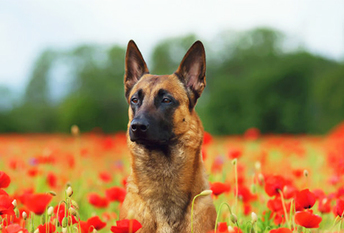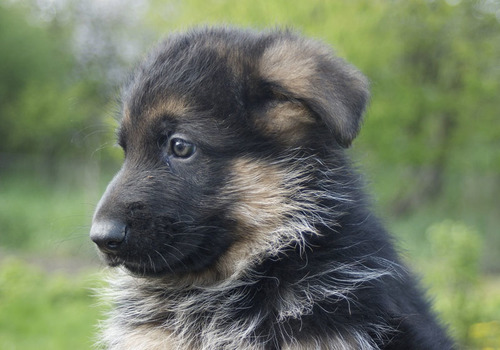German Shepherds can have a healthy appetite and can go through dog food quickly, so using meat to feed your Shepherd (as well as for training purposes) can go a long way in keeping the dog well-fed. Mixing in vegetables such as green beans is a great idea. Some people recommend constructing “pies” or “casseroles” of assorted ingredients using meats and vegetables together.
If you get a Samoyed puppy from a breeder, they would give you a feeding schedule and it's important to stick to the same routine, feeding the same puppy food to avoid any tummy upsets. You can change a puppy's diet, but this needs to be done very gradually always making sure they don't develop any digestive upsets and if they do, it's best to put them back on their original diet and to discuss things with the vet before attempting to change it again.
Older dogs are not known to be fussy or finicky eaters, but this does not mean you can feed them a lower quality diet. It's best to feed a mature dog twice a day, once in the morning and then again in the evening, making sure it's good quality food that meets all their nutritional requirements. It's also important that dogs be given the right amount of exercise so they burn off any excess calories or they might gain too much weight which can lead to all sorts of health issues. Obesity can shorten a dog's life by several years so it's important to keep an eye on their waistline from the word go.
Learn about which human foods are safe for dogs, and which are not. Check with your vet if you have any concerns about your dog’s weight or diet. Clean, fresh water should be available at all times. Like many large breeds, Saint Bernard can experience bloat, a life-threatening condition where the stomach distends and twists. The causes of bloat aren’t fully understood, but experts agree that multiple, small meals per day and preventing vigorous exercise around mealtimes may help reduce the chances of it happening.











